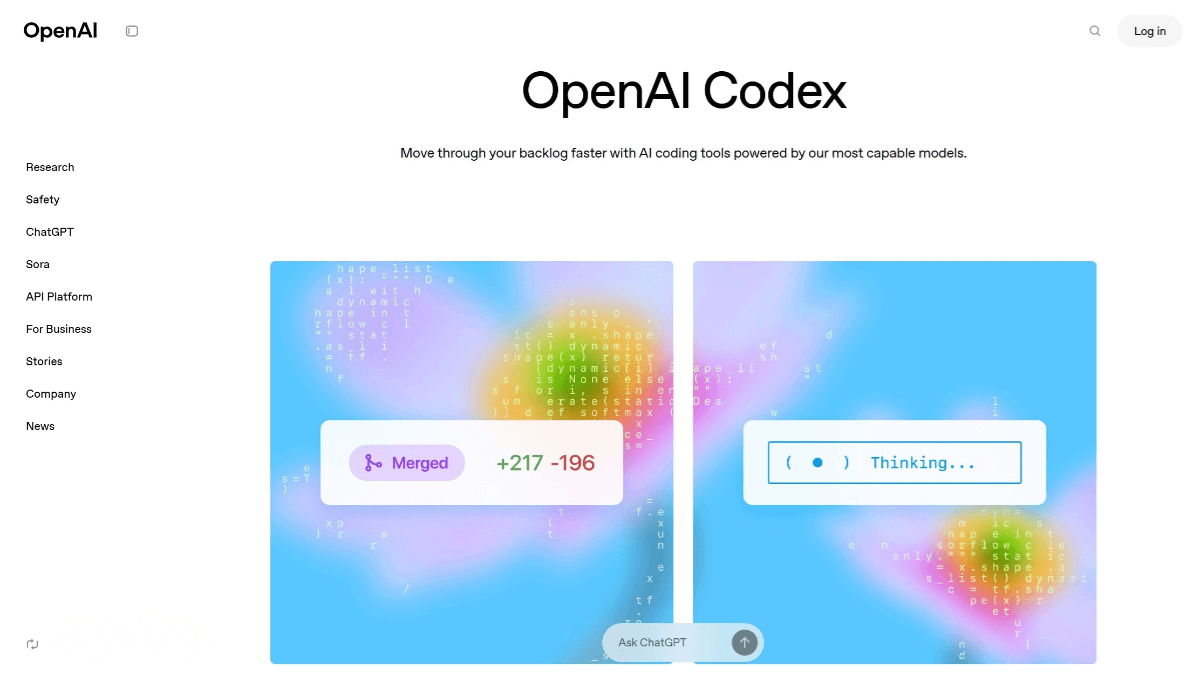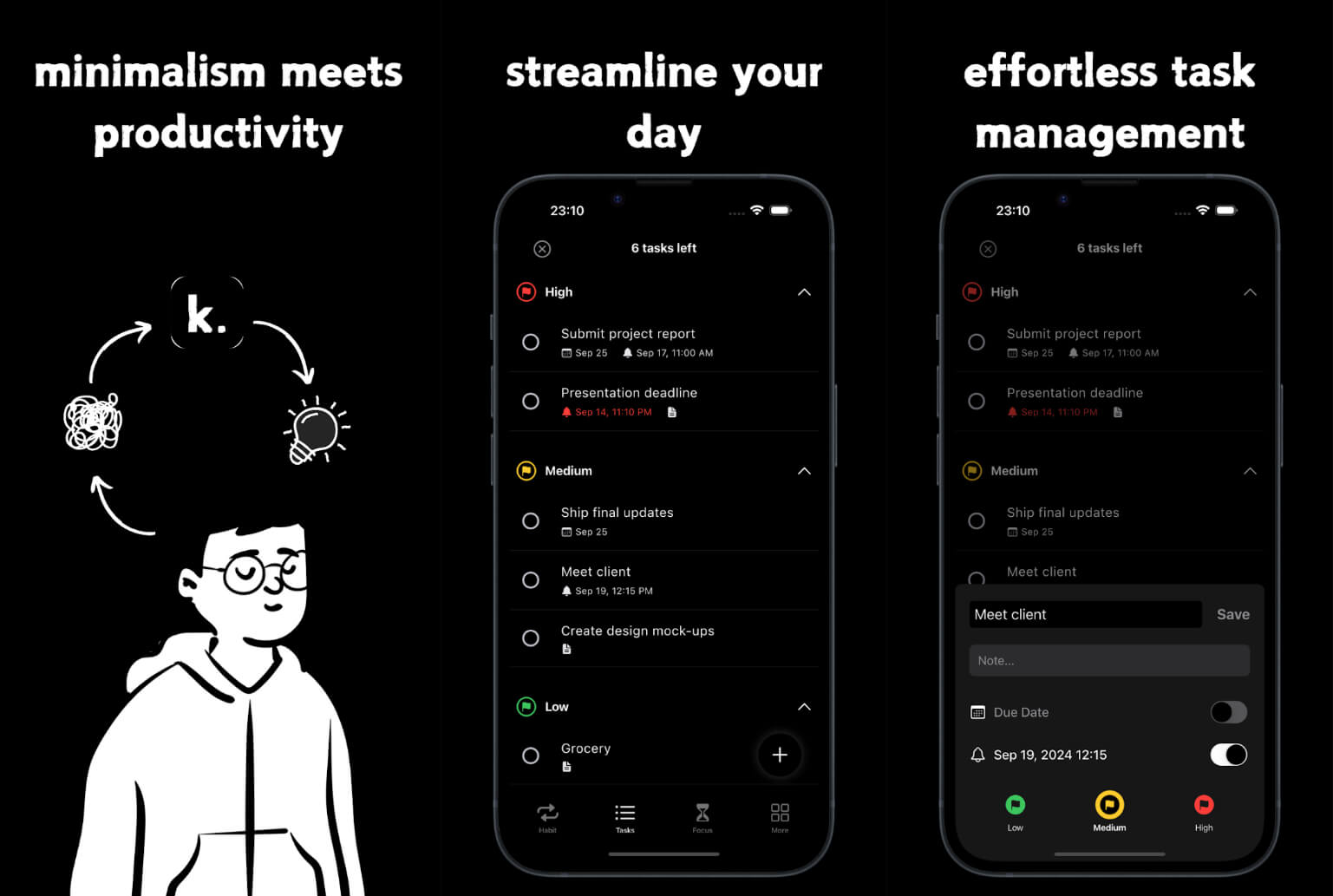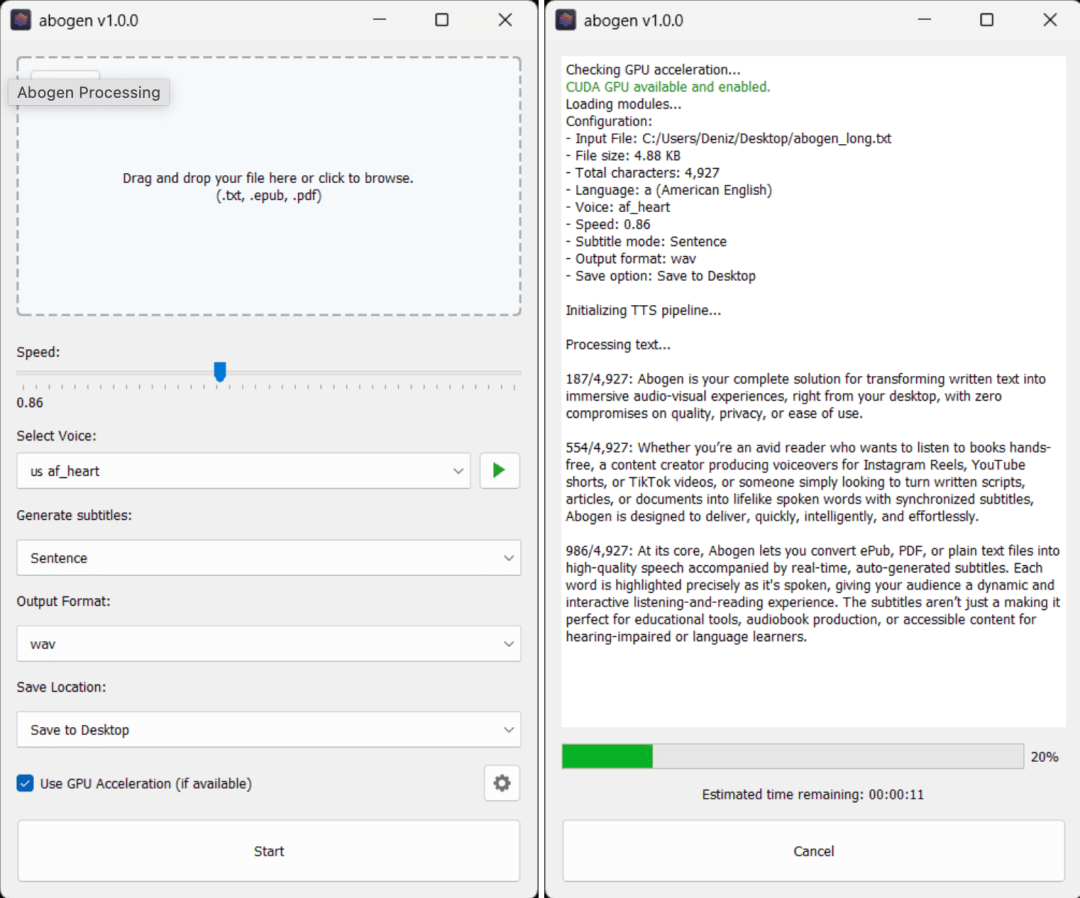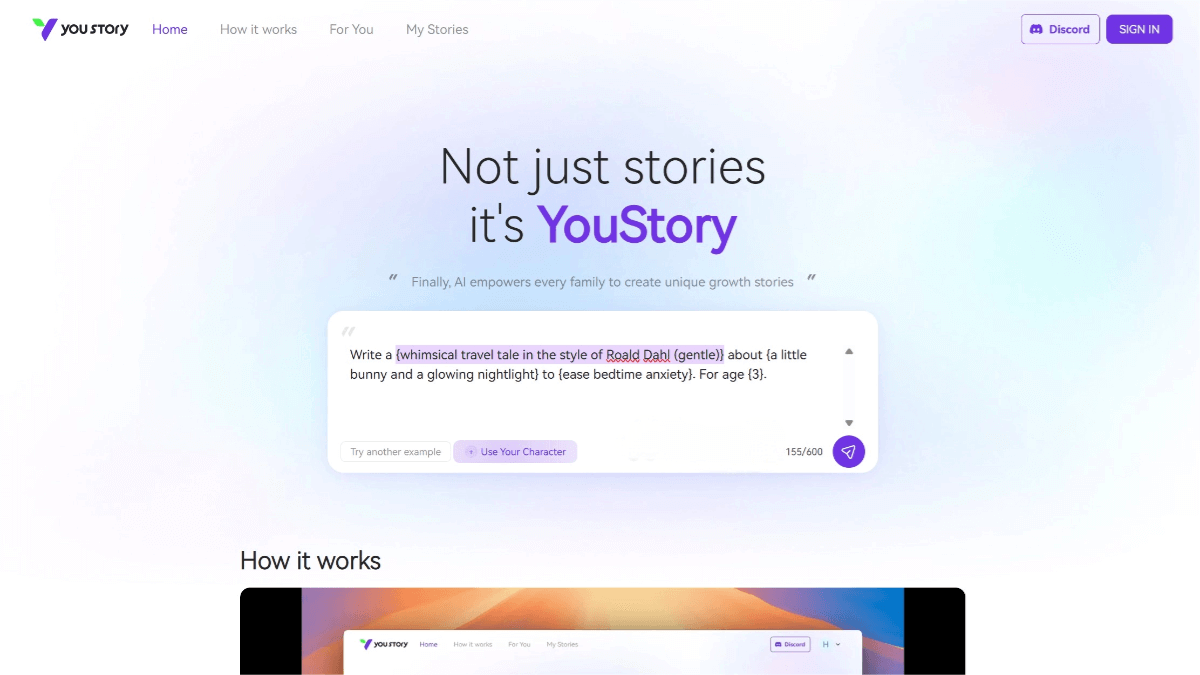What is Codex?
Codex is a powerful AI programming tool developed by OpenAI that helps developers complete programming tasks automatically using natural language commands. Built on OpenAI’s advanced language models, it can understand complex instructions and generate high-quality code. Codex supports multiple programming languages and offers features such as code completion, error correction, test generation, and more, significantly improving development efficiency. Its core strength lies in its powerful automation capabilities. Codex can process multiple tasks in parallel in a cloud-based sandbox environment, ensuring both security and isolation. Developers can use simple natural language instructions to have Codex handle complex tasks like feature development, code optimization, and test execution, with real-time monitoring of task progress and results.

Main Features of Codex
-
Code generation from natural language: Users can describe their requirements in plain language, and Codex will automatically generate the corresponding code.
-
Code completion: During development, Codex can auto-complete code snippets based on context, reducing repetitive work.
-
Automatic test case generation: Codex can generate test cases based on code logic, helping developers quickly verify correctness.
-
Error fixing and debugging: It can identify errors in code and suggest fixes, enabling developers to quickly locate and resolve issues.
-
Code understanding and querying: Developers can query specific functions or modules in the codebase using natural language, and Codex will provide detailed explanations and relevant code snippets.
-
Documentation generation: Codex can automatically generate documentation from code, assisting in better understanding and maintenance.
-
Cloud sandbox environment: Codex runs tasks in an isolated cloud-based sandbox environment, ensuring safety and security.
-
Parallel task processing: Capable of handling multiple tasks simultaneously, improving overall efficiency.
-
Code optimization suggestions: Codex can analyze code and offer suggestions to improve performance.
-
Code refactoring: Helps developers restructure code to be cleaner and more efficient.
-
Real-time feedback and monitoring: Developers can monitor task progress in real time, view logs, and check test results.
-
Interactive guidance: Users can give further guidance during task execution to adjust direction.
-
Integration with development tools: Codex integrates seamlessly with common tools such as VS Code and GitHub.
-
Custom instructions: Developers can customize Codex’s behavior through configuration files (like
AGENTS.md) to suit specific project needs.
Official Website of Codex
-
Website: openai.com/codex
Application Scenarios of Codex
-
Developers and Engineers: Use Codex to accelerate feature development, automate testing, and maintain code.
-
Project Managers: Leverage Codex to understand project code structure and enhance team collaboration.
-
Educators and Learners: Serve as a helpful tool in teaching and learning programming, offering real-time feedback and examples.
-
Non-technical Users: Perform simple automation tasks via natural language instructions, lowering the barrier to programming.
Related Posts




